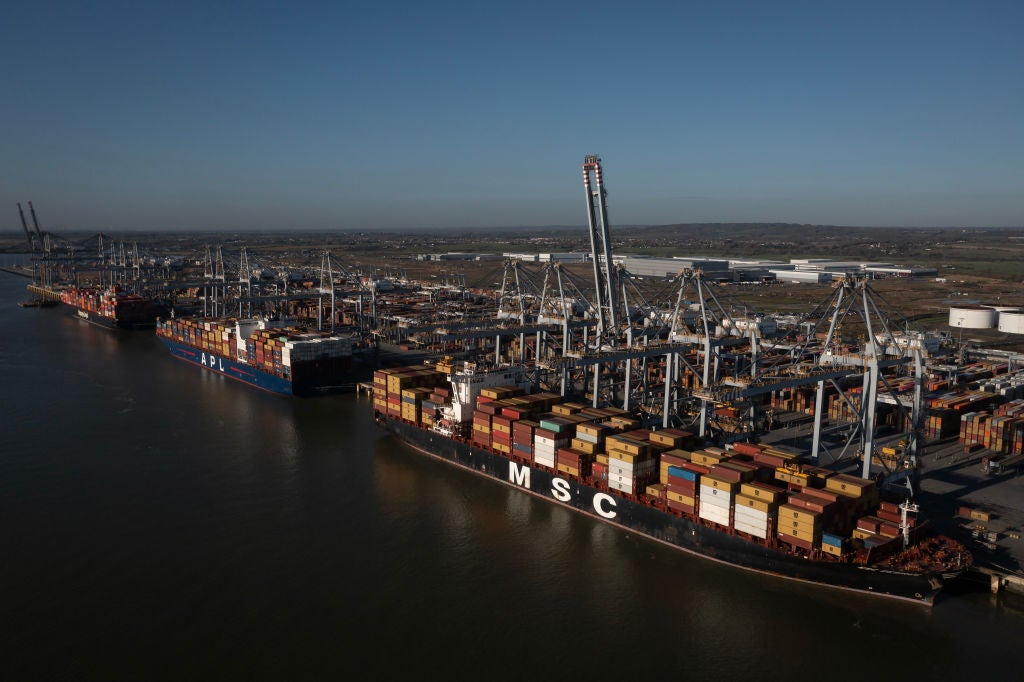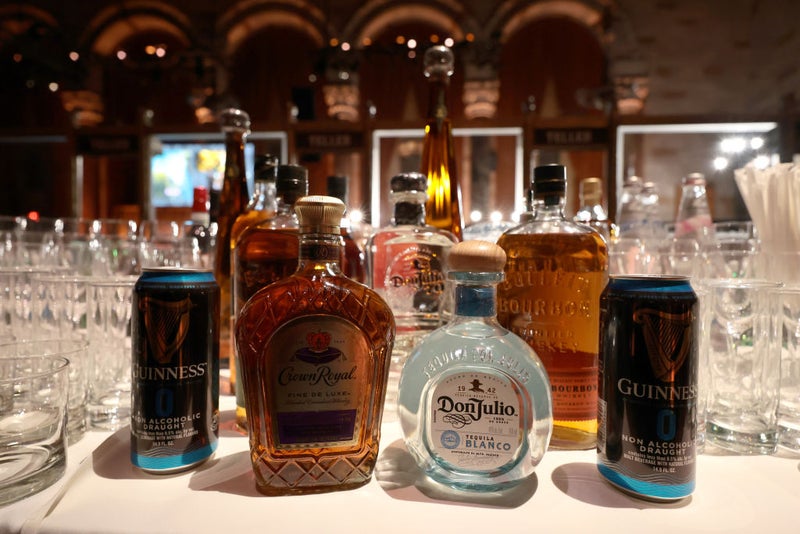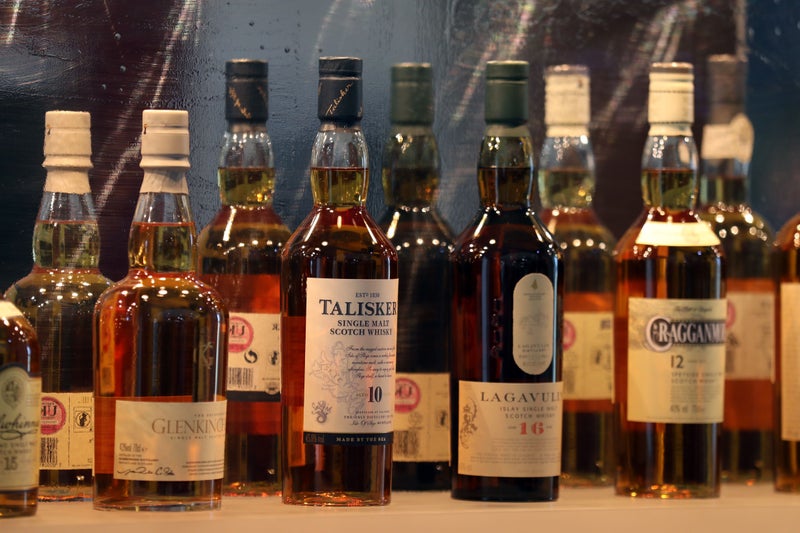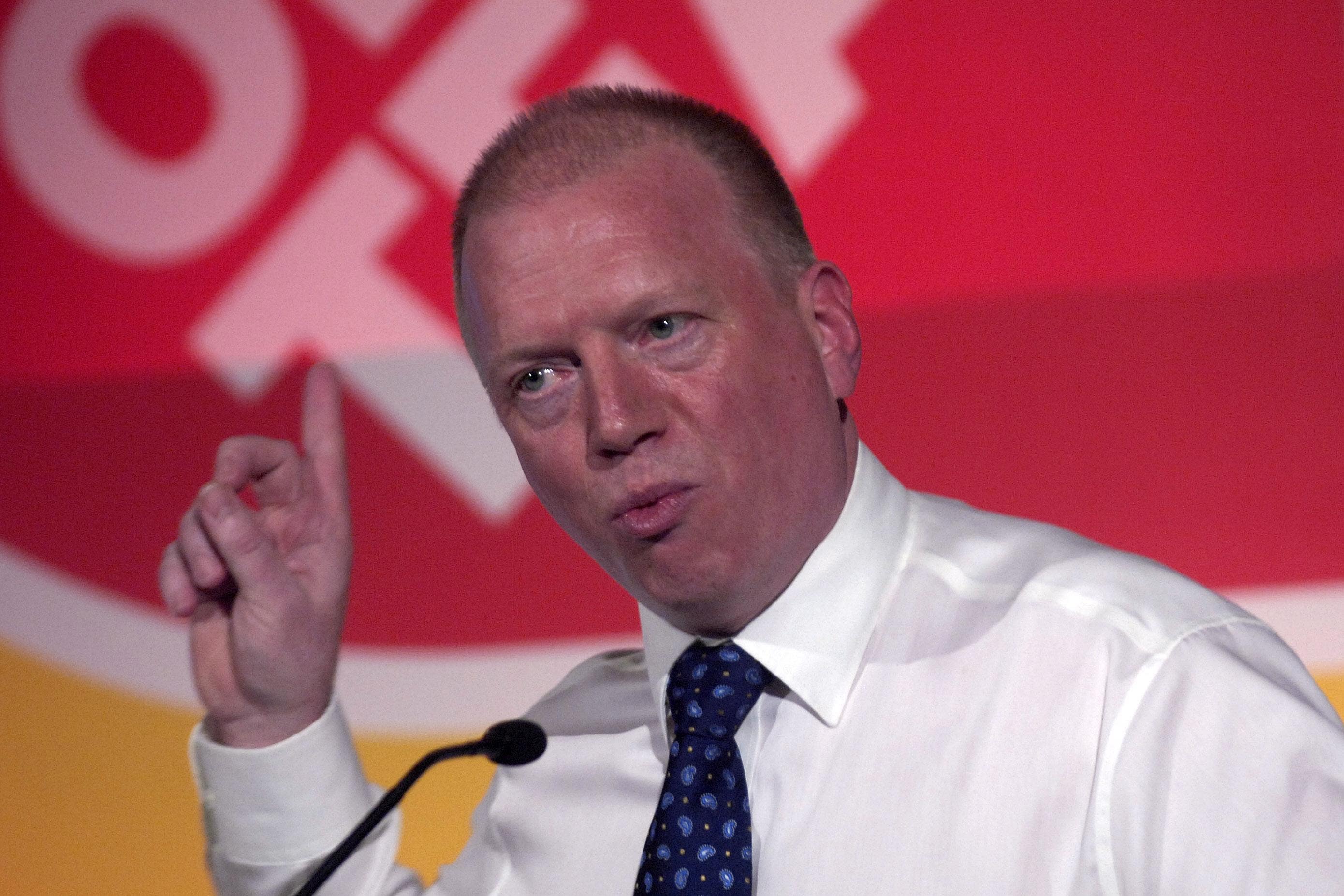£136m tequila profits hit and higher mining costs: How might Trump’s tariffs affect UK companies?
£136m tequila profits hit and higher mining costs: How might Trump’s tariffs affect UK companies?
Share:
Diageo are a UK-based drinks company which imports from Mexico into the States, meaning a large potential hit to their bottom line. World leaders bickering, share prices dropping, companies fretting. On the other side of the Atlantic, President Trump’s vows to bring in tariffs for multiple countries exporting to the US - plus his stepping back from them at the last moment in some cases - has plenty of people wondering what it might mean on these shores.

UK companies won’t be exempt from the possible carnage, though of course who and how they will be affected will depend on their types of business: those who export to the US could face higher charges immediately, while those who buy in parts or raw materials might also be concerned, if the UK takes China’s route and opts for retaliatory tariffs too. That’s still far from certain, of course, with the UK and the EU not the first areas in Trump’s sights.
But that doesn’t mean UK countries aren’t immediately impacted. Take Diageo, for example. If you don’t habitually scan investment markets you might not know that company name, but you almost certainly will know their brands: Johnny Walker whisky, Gordon’s gin, Smirnoff vodka, Guinness. They own them all and plenty more, and they sell them all over the world - and believe they would take a $200m hit to operating profits (£160m) if tariffs come into force.
A vast majority (85 per cent) of that £160m figure comes from their tequila brands - which, of course, are originating from Mexico and heading into the US, a trade route which is facing a 25 per cent tariff. It has been delayed, which adds to the uncertainty, and Diageo as a result have announced the removal of their guidance for sales growth - a key figure investors and would-be investors look towards.
Russ Mould, investment director at AJ Bell, said: “[Diageo are] one of the first companies to move beyond vaguely discussing the threat posed by US tariffs to actively talking about the impact and how it will attempt to mitigate it. “Diageo imports from Mexico and Canada account for a good chunk of its US sales so it will be relieved to see the imposition of tariffs for these two countries delayed for now. If tariffs are eventually imposed then it will be a test of Diageo’s pricing power to pass on these extra costs to consumers.“.
How can they mitigate that expense? Moving inventory before tariffs come into force is one option. Finding alternative routes into the US may be another, yet could prove equally impactful. Ultimately, absorbing the cost and passing it on in the products themselves is often the way it goes, meaning higher prices, meaning inflation in some areas at least. Naturally, any other companies which export from tariff-hit countries into the States will face similar issues, with direct UK-US exports affected if Trump places a tariff here.
Data from the ONS says medicinal and pharmaceutical products made up the highest volume along that route in 2023, worth £8.8bn. Cars (£6.4bn), mechanical power generators (£5.2bn) and organic chemicals (£2.8bn) were also big contributors. On the retail side, JD Sports and Primark are two examples who have growing sales Stateside and may be affected. JD Sports said last year they expected US sales to represent 45 per cent of revenue by the end of 2025 - that number could fall if US shoppers face a consumer confidence hit, or the profit margins could be impacted if sales stay the same but tariff costs arise.
But it’s not just about the direct increase in costs for goods arriving Stateside. Anglo American is the 24th-largest company on the London Stock Exchange, by market capitalisation. Chief executive Duncan Wanblad was vague over the material impact, but blunt on that there would be one. “I have no idea what to make of the [Trump] statement, other than we could have all done without it,” he said, per the FT.
“One thing I’m sure of is that under all circumstances, [tariffs] are going to be inflationary,” he said. “We are going to see the cost of production go up pretty much everywhere as a result of this.”. Further knock-on effects can come with UK companies who do business within the EU: if growth there slows, purchases here can slow too. Finally, there’s the chance that in a worst-case scenario tariffs-wise - in other words, if they are fully implemented, retaliatory and too expensive for business and countries to want to deal with - that workarounds in the supply chain need to be found.






















